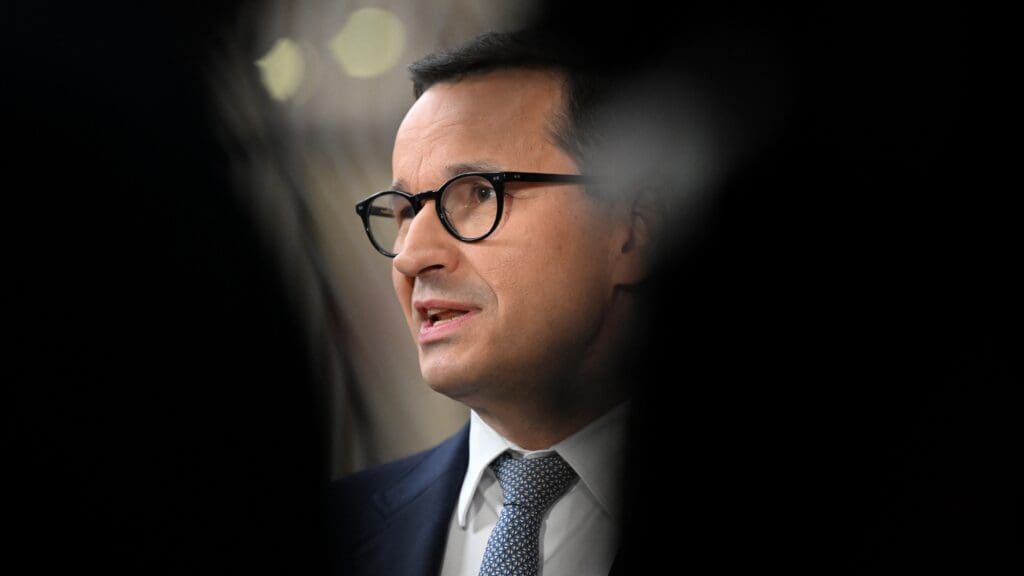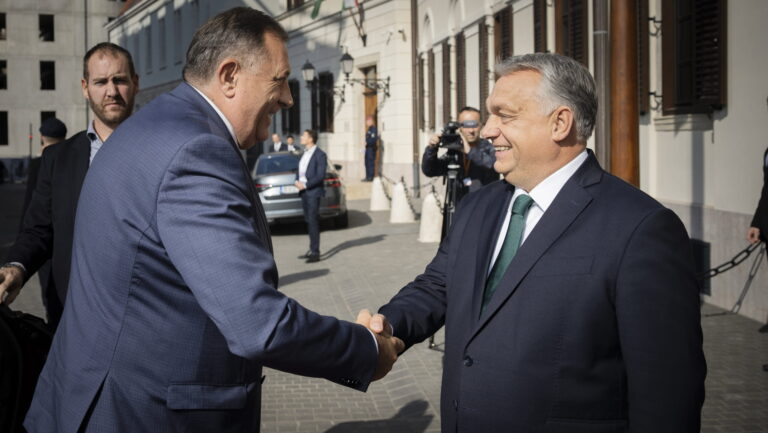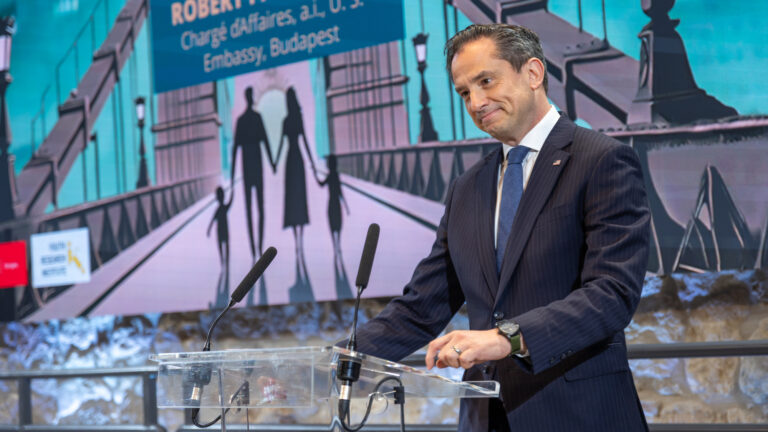The French energy-intensive companies are accelerating their contingency plans, in order to prevent any disruptions that could be caused by Russian gas shortages.
Gas to Oil
Over the weekend, leaders of the most influential parts of French industry held a conference in Southern France, where they discussed options and contingency plans. At the conference, several top executives expressed that they have started to prepare for possible blackouts. The boss of Michelin, Florent Menegaux, stated that they have managed to convert their boilers – capable of running on either gas or oil – and that they can even switch to coal if needed. He added that their goal is to avoid having to shut down a plant in case they face a shortage in gas. He also explained that even if gas shortages arrive, oil supply is stable in the country, so if they can switch over, they will avoid any further problems. It takes several days to start up production at a tyre manufacturing plant, so it is essential that the energy supply is steady, he added.
Supply and Demand
Due to the capacity reduction of the pipeline, more and more countries started to switch over to more polluting sources of energy
In June, Russia reduced the supply through the Nord Stream 1 pipeline by 40 per cent. This line is their main source of providing gas to western Europe, therefore many European leaders started to fear that their country will not get enough gas from Russia, causing chaos among the people. Due to the capacity reduction of the pipeline, more and more countries started to switch over to more polluting sources of energy. Reacting to the crisis took precedence over aiming for zero-carbon emissions in the future, since the inflation caused by the war and the disruption in businesses would have been more devastating. At the conference in France, the Finance Minister, Bruno Le Maire told the corporate executives that they should prepare for shortages. He even added that everyone should expect that Russian gas will completely be cut off since he sees it as the most likely scenario.
French Power
France relies on nuclear power for over 70 per cent of its electricity. Thus, they are far less reliant on Russian gas than their neighbor, Germany. However, the state-controlled electricity firm is struggling to meet the demands of the country, since its power plants are ageing. The older plants cause outages, increasing the strain on the energy sector. Today, energy production is halted at 29 out of their 56 nuclear reactors due to inspections and repairs. The government is checking on the leading companies, so as to determine which ones depend on an uninterrupted energy supply. They, similarly to Hungary, have capped retail gas and power prices until the end of the year, managing to keep French inflation among the lowest in Europe. According to sources from the conference, it is likely that all large businesses are looking to switch to oil, while automaker Stellantis is looking for ways to produce their own energy by either building their own plants or investing in currently existing ones.
The State of Europe
While the industry of France considers an almost complete switch to oil, it is important to understand how other European countries fare in the looming crisis. Germany expressed concerns last week since the lack of gas in the country threatened their food industry. This means that if Germany cannot find different avenues to provide gas for their industry, they might face food shortages in the future. Another cause for concern has been the ongoing strikes in Norway since they threatened to cut Norway’s gas supply by 60 per cent. This could have been devastating for the entirety of Europe since Norway supplies a large part of gas to the EU. British officials said that their supply could have stopped completely, if the strikes go on. However, the Norwegian government has the power to intervene and end industrial disputes, so they managed to prevent a crisis for all of Europe. Hungarian officials and statistics have shown that the gas supply in the country is stable and the reserves for the winter are being filled up rapidly. The government has expressed that while most of Europe struggles with the inflation caused by the war and by an increase in the cost of living, the Hungarian laws and reductions in costs have proved to be successful even in war-stricken times.
Another cause for concern has been the ongoing strikes in Norway since they threatened to cut Norway’s gas supply by 60 per cent
Is Oil the Solution?
In conclusion, switching over to oil-based boilers might be the long-term solution for many European leaders of industry. If companies manage to utilize oil instead of gas, the threat of being cut off from Russian gas suddenly becomes less serious. Furthermore, if companies are able to mostly use oil, they allow the public to have access to more gas for less money, thus curbing the energy crisis.








